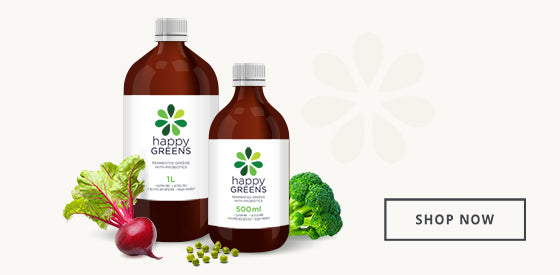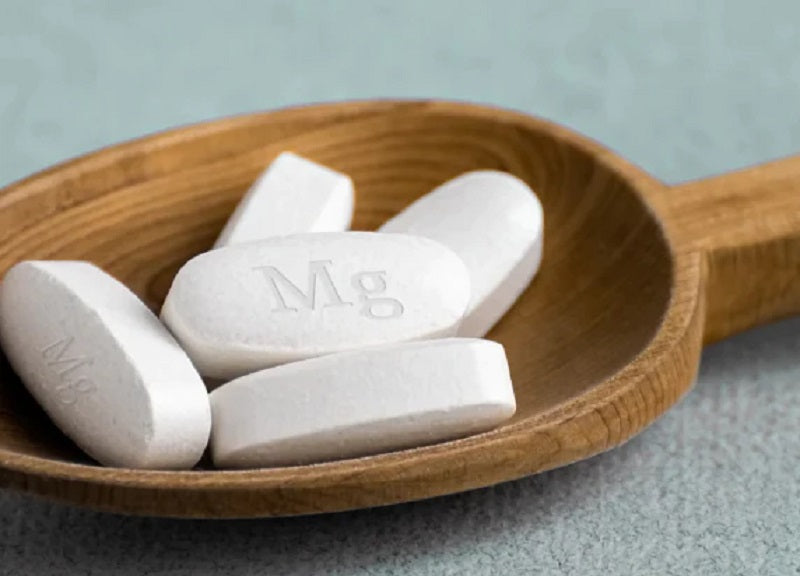If you have Osteoarthritis, you likely know all about the wear and tear on your joints. The breakdown of your cartilage results in inflammation that contributes to pain and stiffness. With rheumatoid arthritis, inflammation is also a central feature but being an autoimmune condition, things work a little differently. The immune system mistakenly attacks the membranes that surround our joints and this leads to chronic inflammation, joint damage, deformities, and other symptoms that impact the entire body.
Arthritis literally means joint inflammation, and where there is inflammation, we know there is pain. The progression of this disease is also significantly related to oxidative damage. This is why a crucial aspect of managing the symptoms of arthritis involves consuming a diet that is both anti-inflammatory and anti-oxidant. This means avoiding sugars, refined grains, trans fats, nightshades and including foods that are rich in omega 3, fruits, vegetables and fibre.
Best Foods To Eat if You Have Arthritis
Omega 3 Rich Foods
Think of omega-3s as superheroes that fight inflammation in the body. They swoop in and block the bad guys (pro-inflammatory molecules) while boosting the good guys (anti-inflammatory substances), creating a healthier balance and reducing overall reduction in pain and stiffness. Omega-3 fatty acids also promote the clearance of inflammatory cells and debris, contributing to resolution of the whole inflammatory process. In other words, you want the following foods in your diet.
Ground flaxseed: A heaped tablespoon daily can be incorporated into porridge, muesli, a smoothie or sprinkled onto a salad.
Fatty fish: Think salmon, mackerel, tuna, sardines, anchovies and herring. Aim for a 100gm serve or a piece the size and thickness of your palm.
Avocado: Avocados are rich in monounsaturated fats and antioxidants, and did we mention delicious?!
Chia Seeds: You can soak a tsp and pop it in your water bottle or start having chia puddings as a daily snack. They’re rich in omega three and are also mucilaginous which is soothing, protective and healing.
Fruits, Herbs & Vegetables
Targeting oxidative damage through food is another powerful way to manage pain, swelling and improve mobility.
Ginger and Turmeric: Curcumin; the active ingredient in turmeric, and gingerol; the active ingredient in ginger have strong antioxidant and anti-inflammatory properties. You might like to add them to morning smoothies, a stir-fry, a curry or use them to make a warming tea or latte. Both these roots can also be found in our Happy Turmeric and Happy Greens formula.
Green Tea: Epigallocatechin gallate (EGCG), a compound in green tea, has anti-inflammatory and antioxidant effects. If green tea isn’t your thing, perhaps try a daily cup of matcha.
Broccoli: Broccoli and other cruciferous vegetables like cauliflower, brussels sprouts and kale contain sulforaphane, a compound with anti-inflammatory properties.
Berries: Blueberries, strawberries and raspberries are packed with antioxidants that combat oxidative stress and inflammation. Choose organic where you can as these foods can be highly sprayed.
Whole Grains
Whole grains like oats, brown rice, quinoa, rye and millet retain the outer layer of the seeds which is where all the nutrients and fibre exist. Fiber aids in arthritis by fostering a healthy gut which can improve the gut microbiota and its impact on inflammation. The soluble fiber in whole grains also regulates blood sugar levels, contributing to weight management and reducing the risk of obesity-related arthritis or pressure on joints. Additionally, the vitamins and minerals in whole grains, such as B vitamins (particularly B6 and B12), iron, and magnesium, are essential for the proper functioning of the immune system and anti-inflammatory processes.
Nutrient-Rich Staples
Below you’ll find the foods that can live in your pantry if you’re an arthritis sufferer.
Olive Oil: Oleocanthal is a compound found in extra virgin olive oil with natural anti-inflammatory properties. It works similarly to non-steroidal anti-inflammatory drugs (NSAIDs) by inhibiting enzymes involved in the inflammatory process, which may help reduce joint pain and stiffness associated with arthritis. What oil are you cooking with?
Nuts and Seeds: We already mentioned the power of chia and flaxseed, but don’t forget to include walnuts and almonds which are also rich in omega 3, vitamin E, and fibre. A handful makes a powerful pain preventing snack.
Legumes: Legumes like beans, lentils, and chickpeas are nutritional powerhouses, packed with protein that supports muscle and joint health. Additionally, their high fiber content aids in maintaining a healthy weight, reducing the burden on joints. Furthermore, the antioxidants present in legumes help combat inflammation, potentially easing joint discomfort and promoting overall health of your joints.
Foods to Avoid
Now you know all the good stuff to include within your diet but what’s equally important is excluding the triggers or the foods which prevent you from moving forward with your healing.
Saturated and trans fats
Found in processed meats (hot dogs, nuggets, salami etc), fried foods, margarine and non-fermented dairy (cream and ice cream), are considered pro-inflammatory. These fats not only add fuel to the inflammatory ‘fire’ but they also mess with the synthesis of our anti-inflammatory compounds. Aka, the delicate balance needed for immune regulation. Worse still the consumption of saturated and trans fats has been associated with an increase in oxidative stress.
Refined Carbohydrates
The same goes for refined carbohydrates like white bread, pasta, and sugary drinks. Steer clear! These foods will also feed bad bacteria leading to ‘dysbiosis’ or bad bacteria in the digestive tract which can increase food cravings, throw out blood sugar and lead to weight gain and inflammation.
Nightshade vegetables
Another category of foods to consider avoiding are the nightshade veggies.
This is a bit of a sneaky one because most people wouldn’t think that vegetables could cause issues but it’s true. Tomatoes, potatoes, eggplant, and peppers are a no-no for many with arthritis.
Nightshade veggies contain alkaloids, particularly solanine and capsaicin, which can contribute to inflammation and exacerbate arthritis symptoms. They’re thought to interfere with enzymes involved in inflammation regulation and can stimulate pain receptors, potentially intensifying joint discomfort for some.
Key Nutrients for Joint Health
Nutrients crucial for maintaining healthy joints include:
- Vitamin D - if you have arthritis aim for levels in the upper end of the limit.
- Calcium - choose foods like leafy greens, tahini, salmon bones, and pot set yoghurt.
- Collagen - Have bone broths and include a serve of Happy Collagen.
- Magnesium - Choose wholegrains and green leafy vegetables every day. When it comes to supplementation, the forms of magnesium you choose are important for proper absorption. See our Magnesium, Pain, Sleep formula.
Consulting with a Nutritionist or Healthcare Professional
If you’d like a personalised diet plan our naturopathic team can assist in the online Happy Healthy You clinic.

You can also find an array of anti-inflammatory recipes on our website and in our latest book, Happy Healthy You. Just click on the image below to have a copy delivered to your doorstep!











Leave a comment
This site is protected by hCaptcha and the hCaptcha Privacy Policy and Terms of Service apply.